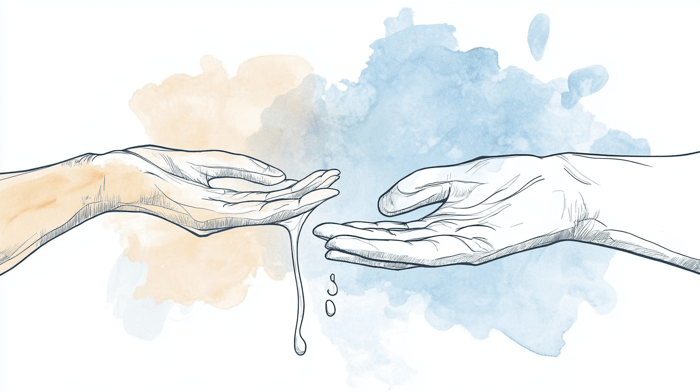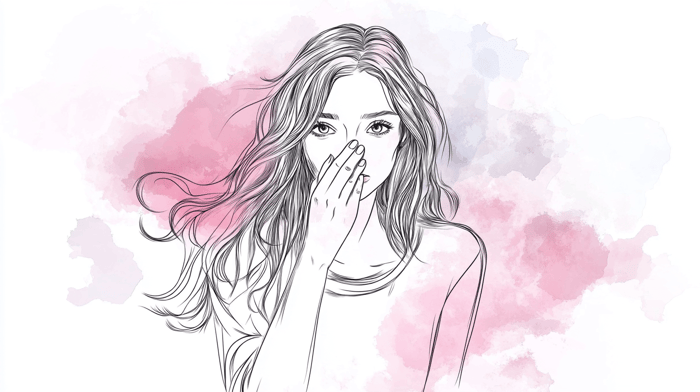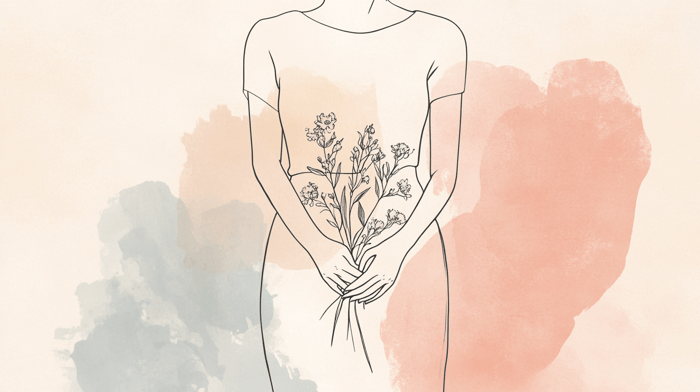Bacterial vaginosis (BV) is a common vaginal infection that affects many women. It is caused by an imbalance of bacteria in the vagina, leading to symptoms like itching, burning, and an unpleasant odor. While BV can be uncomfortable, it is treatable with the right care. This article will discuss how to manage bacterial vaginosis and offer tips for preventing future infections.
What is Bacterial Vaginosis?
Bacterial vaginosis occurs when there’s an overgrowth of certain bacteria in the vagina, disrupting the normal balance. This can result in inflammation and irritation. While BV is not considered a sexually transmitted infection (STI), it can sometimes be triggered by sexual activity. It’s important to know that BV can also occur even if you're not sexually active.
The exact cause of BV isn’t clear, but it may be related to factors such as hormonal changes, douching, or using scented products around the vagina. Some risk factors include:
- Having multiple sexual partners
- Using an intrauterine device (IUD) for birth control
- Smoking
- A weakened immune system
Symptoms of Bacterial Vaginosis
The most noticeable symptom of BV is a fishy odor, often more prominent after sex. Other symptoms include itching, burning, and a thin, white or gray discharge. However, some women may not experience any symptoms at all. These symptoms can be similar to other conditions like yeast infections or STIs, so it's important to see your doctor for a proper diagnosis.
How to Treat Bacterial Vaginosis
Treating BV involves a combination of medications and lifestyle adjustments. Antibiotics are commonly prescribed, but probiotics and proper hygiene can also help. Additionally, Flower Power vegan vaginal suppositories can aid in restoring the balance of good bacteria in the vagina, providing relief from symptoms like odor and discomfort.
Antibiotics
Your doctor may prescribe antibiotics in the form of pills, creams, or gels. These help to reduce symptoms by eliminating the overgrowth of harmful bacteria. It’s crucial to complete the full course of antibiotics, even if your symptoms improve before finishing the treatment.
Probiotics
Probiotics, beneficial bacteria, can restore balance in the vagina. They are available in oral supplements or topical creams. Research suggests that probiotics can help reduce symptoms like discharge and odor, and may prevent recurrent infections.
Loose-fitting Clothing
Wearing loose-fitting clothes made from natural fibers like cotton can help keep the vaginal area dry and cool. Tight or synthetic clothing traps moisture, which encourages bacterial growth, so it’s important to avoid such materials.
Practicing Good Hygiene
Good hygiene habits are key to both preventing and managing BV. Avoid douching, as it disrupts the balance of bacteria in the vagina. Use condoms during sexual activity to reduce the risk of spreading infections. Additionally, wash the genital area with warm water and mild soap, avoiding scented products that may cause irritation. Changing out of wet clothes, like swimsuits or workout gear, quickly also helps prevent bacterial overgrowth.
Dealing with Bacterial Vaginosis? We've Got You Covered!
If you’ve been diagnosed with BV, it’s important to follow your doctor’s recommendations for treatment. With the right care and lifestyle changes, you can reduce the risk of recurrent infections and keep your vaginal health in check.
For fast relief, Flower Power offers boric acid vaginal suppositories designed to ease BV symptoms. This natural remedy helps reduce odor and itching while promoting the balance of good bacteria in the vagina. Easy to use and effective, Flower Power suppositories can get you feeling your best again in no time!











